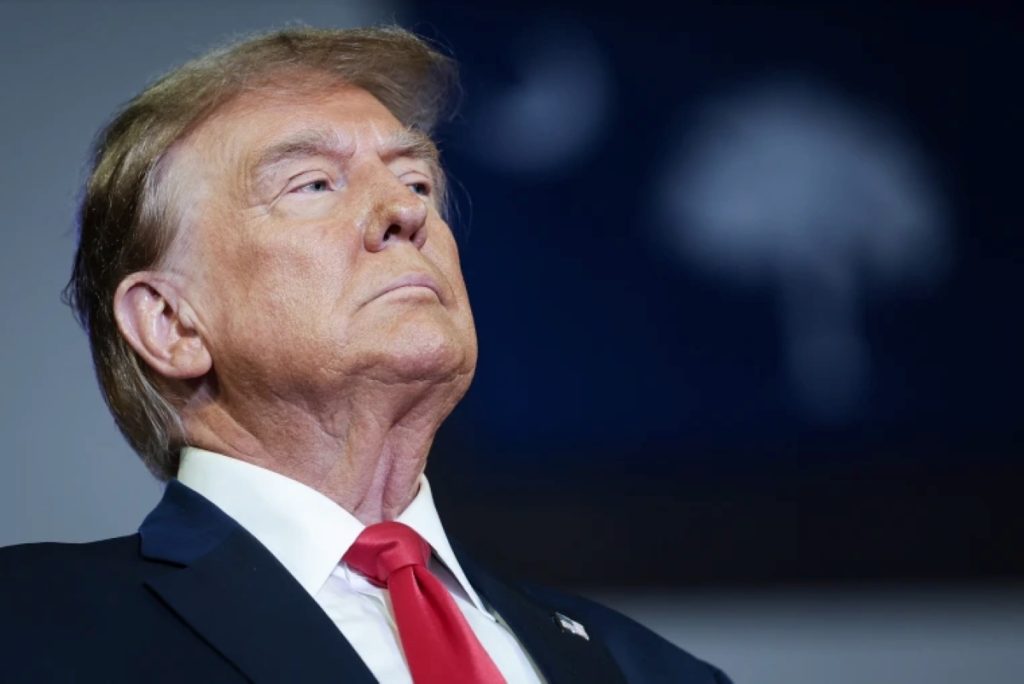The United States Supreme Court has ruled that former President Donald Trump and other former presidents enjoy some immunity from criminal prosecution, a significant legal victory for the Republican White House candidate.
The 6-3 ruling didn’t completely throw out the indictment accusing Trump of trying to overturn the 2020 election, but it did remove crucial parts of the case against him.
The justices found that a president is immune from “official acts” but not from “unofficial acts” and sent the matter back to a trial judge.
The three liberal justices dissented strongly, expressing “fear for our democracy”.
The decision significantly reduces the likelihood of the Republican candidate facing a trial before the November presidential elections. It is the first time in the nation’s history that the Supreme Court has ruled that former presidents can be protected from criminal charges.
“Big win for our constitution and democracy,” wrote Trump on his social media platform Truth Social.

The top court’s majority opinion overturned a previous lower court ruling that had dismissed Trump’s assertion of complete immunity. The justices determined that a president is indeed granted absolute immunity for official actions but can still face prosecution for personal deeds.
On the indictment alleging that Trump pressured the law enforcement agency to investigate claims that widespread voter fraud had affected the election result, Justice Robert wrote that a president’s discussions with the Department of Justice are official acts of the presidency and that they are, therefore, “absolutely immune” from prosecution for such interactions.
On the allegations that he tried to pressure Mike Pence not to certify Mr Biden’s victory in the 2020 election, Justice Roberts wrote that a president’s discussions with his vice-president are official conduct, and Trump is at least presumptively immune.
On the indictment that accuses Trump of inciting the US Capitol riot, citing his tweets and remarks he made outside the White House that day, the Supreme Court ruled that Trump’s speech and social media activity on 6 January 2021 were all official acts.
However, in her dissent, Justice Sotomayor wrote that the ruling would protect a president if they ordered US special forces to assassinate a political rival, organised a military coup to hold on to power, or took bribes in exchange for conferring a pardon.
Justice Jackson wrote in a separate dissent that the conservative majority’s ruling “breaks new and dangerous ground” and would “let down the guardrails of the law”.


